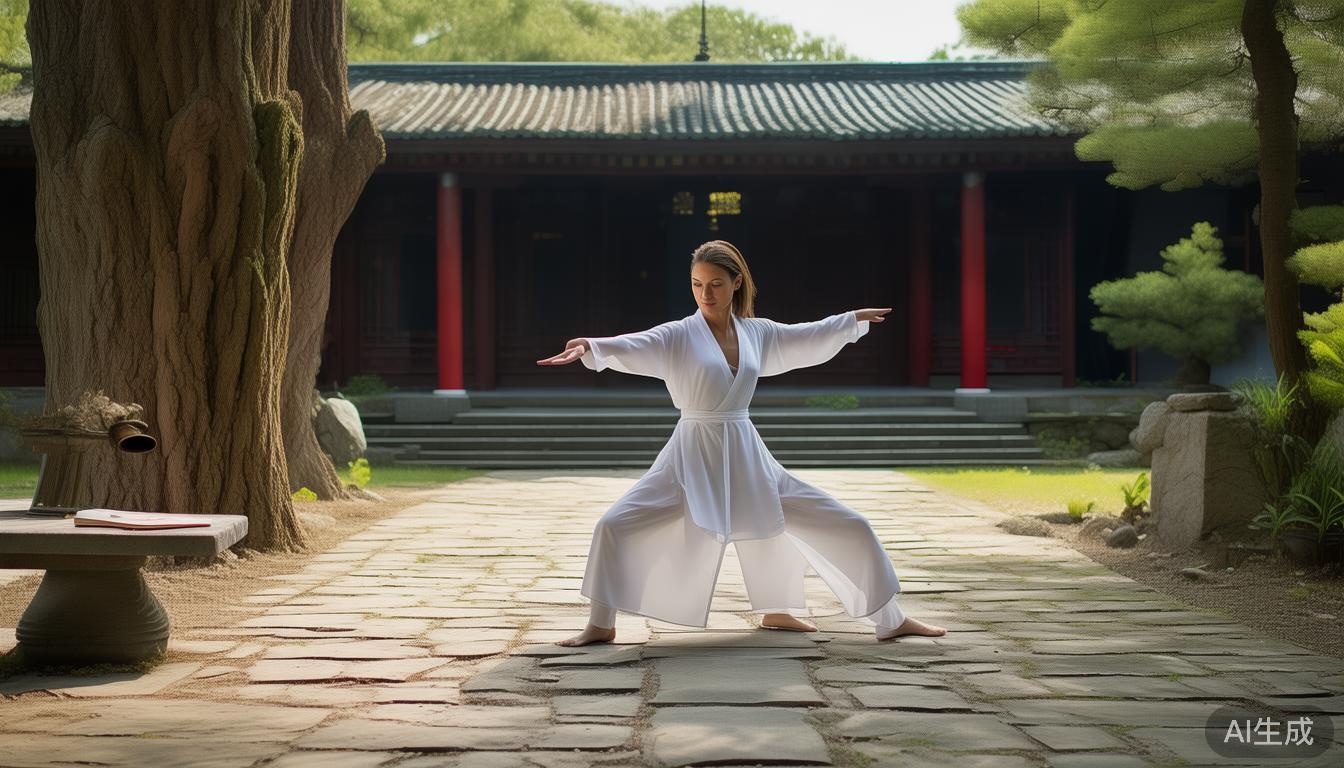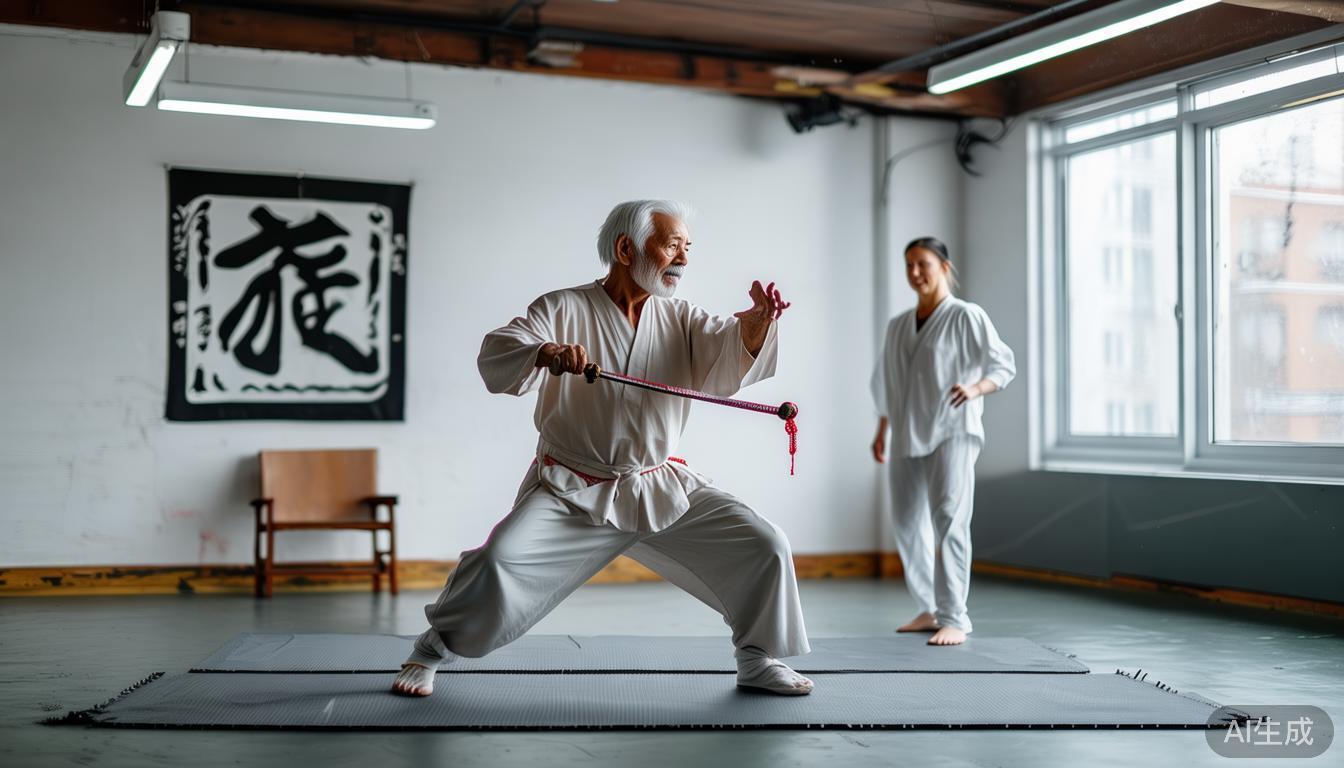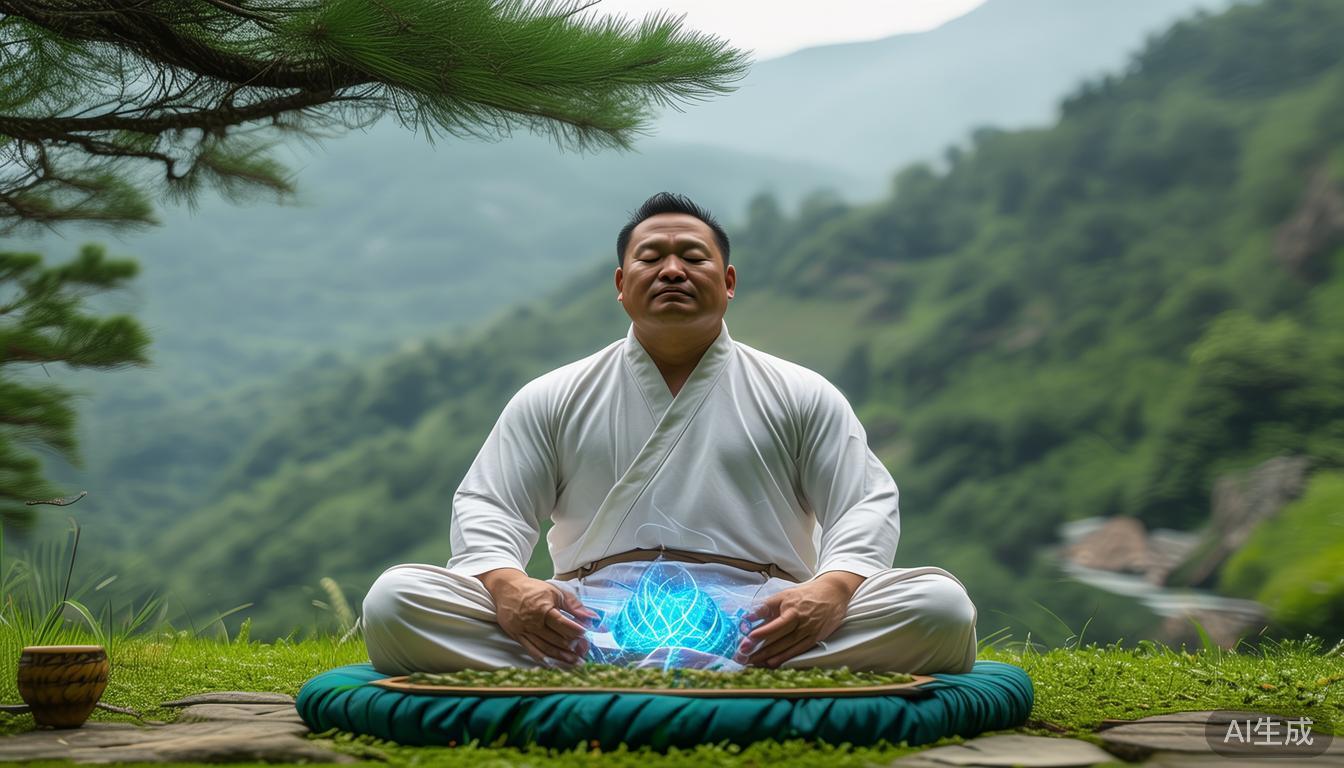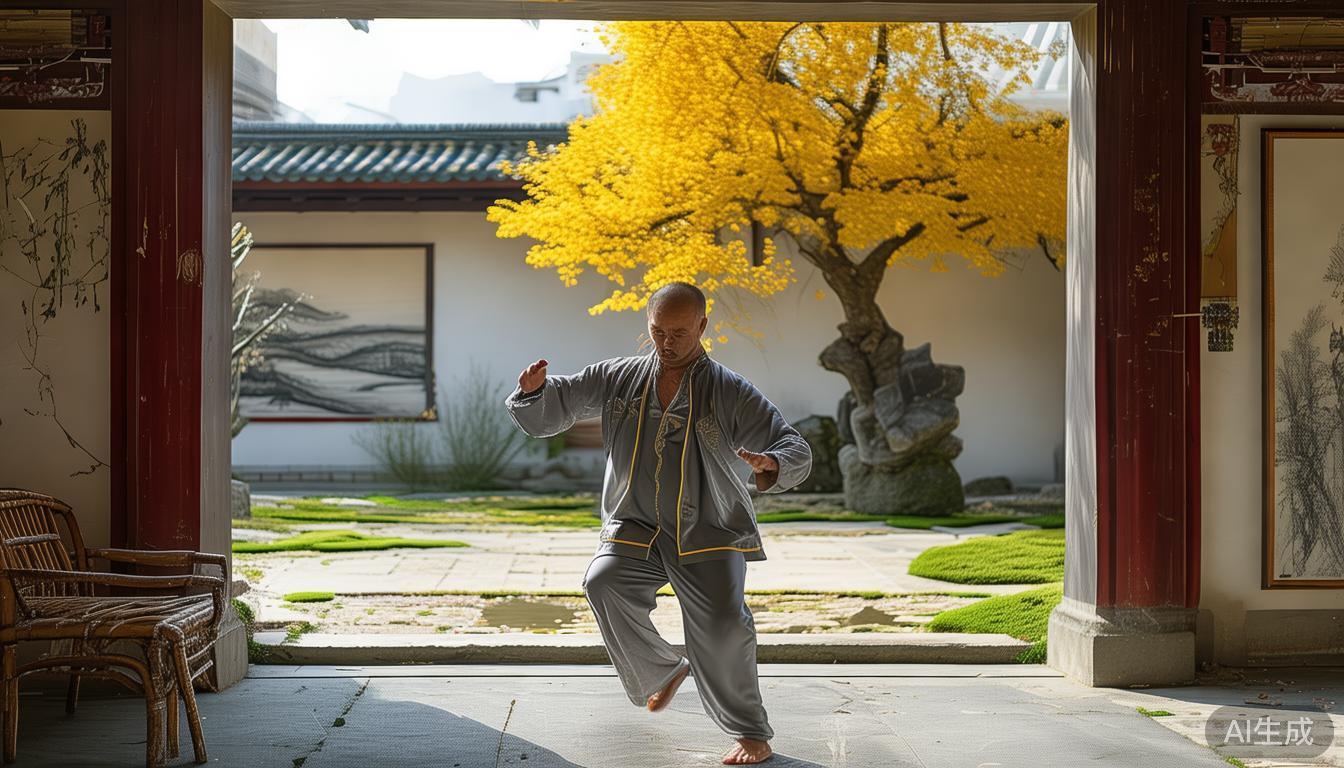As we age, maintaining physical and mental health becomes even more critical. As a low-intensity exercise, Tai Chi can not only improve the balance ability of the elderly; it can also improve the overall quality of life. After years of guiding elders in their practice, I have seen through my eyesight the tangible changes this ancient movement brings.
How Tai Chi improves balance in the elderly
Tai Chi has slow and smooth movements, which requires practitioners to constantly shift the center of gravity of the body. This unique movement pattern can effectively strengthen the muscle strength of the lower limbs; many students have reported that after several weeks of regular practice, they feel better when going up and down stairs. , you will feel more stable, and it will be less likely to shake when you get up at night; it is particularly noteworthy that the single-leg support action of Tai Chi can provide targeted training for the core muscles, which is indeed critical and extremely important for the prevention of falls.
During the teaching activities in the community, I noticed that the steps of the elderly who insisted on practicing have become significantly more steady. A seventy-year-old student previously reduced the number of times he went out because of fear of falling. After three months of training, he is now able to go to the supermarket alone to make purchases. This change is not only due to the improvement of muscle strength, but also benefits from the improvement of body coordination.

What are the benefits of Tai Chi for mental health?
The meditative properties of Tai Chi, in addition to improving the body, have a significant effect on relieving symptoms of anxiety and depression. Combined with the slow movements of deep and long breathing, it can help the elderly relax their nervous systems. I have observed that the facial expressions of many practitioners become more peaceful and serene after the course.
The group training model provides valuable social opportunities for the elderly. Fixed-week training courses become social activities that they look forward to. The friendship built while training together can effectively alleviate the feeling of loneliness. A student who lives alone told me that the Tai Chi class helped her make new friends, and now she looks forward to coming to the practice venue every day.
How to Safely Start Tai Chi Practice for Beginners

For the elderly who have just come into contact with Tai Chi, it is recommended to start learning the simplest 8-position Tai Chi. Carefully choose an extremely flat practice venue. Benefits of tai chi for older adults . It is best to wear shoes with anti-slip function. When doing Tai Chi Lessons Tai Chi Online in the early stages, you can use a chair to maintain balance. Doing so can build confidence and ensure continued safety.
For new students, it is often recommended that they first master the basic footwork, and then gradually learn arm movements. Practicing for 15 to 20 minutes every day will have better results than practicing for a long time once a week. The key is to be patient and never compare your progress with other students. Since everyone's physical condition is different, lasting gains can only be achieved by following a step-by-step approach.
Have you ever tried Tai Chi? Any special feelings about improved balance or reduced anxiety? Welcome to tell us about your experience. If you find this article helpful, please give it a like and support.





